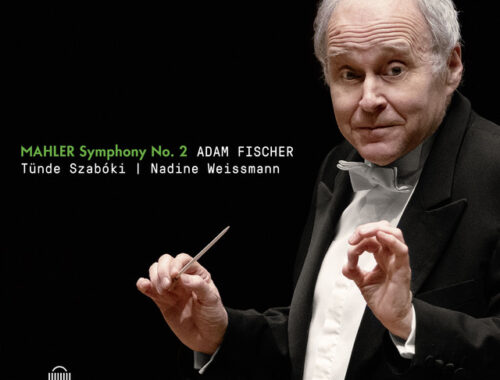Rainbow’s End
It’s a terrible old cliche that it takes a star to play a star – but in the case of Judy Garland there never has been and never will be a star big enough to fill her tiny red shoes. There is another way in, though, and during the course of Peter Quilter’s play with songs End of the Rainbow (chronicling the last weeks of Garland’s life) the amazing Tracie Bennett finds it. You can’t play Garland, you can only inhabit her and that’s precisely what Bennett does. The key lies in her deep and abiding empathy with the Garland persona – that’s a given – and with what can only be described as a kind of temperamental symbiosis. Bennett’s own wiry frame and wired delivery exhibits uncanny parallels with Garland’s own and vocally there isn’t a huge adjustment to be made before you start believing you are listening to the real thing – or your memories of the real thing.
Emotionally speaking, this is far from being a cut-and-paste job – and if there are flickers of doubt during the play that we are in fact watching a clever caricature, there’s a scene just before the close which completely wrong foots you. When Garland’s loyal gay pianist (the excellent Hilton McRae) offers to take her out of the nightmare and proposes a quiet life of peace and quiet and happiness together, you think for a second or two that she might actually take the sane option and save herself. But you know better – because the very thing that kept Garland pumping was the eternal cycle of highs and lows and the idea, the promise, of happiness. Bennett’s anguish as she realises that she has just dismissed her last chance is palpable. And that’s the kind of scene one can really believe in.
Of course, this is a play about effect rather than cause – in a sense Garland herself would not have had it any other way. The trials and tribulations infused her performances, and when Bennett sings “The Man that Got Away” she already knows that Mickey Deans – the last man in her tragically short life – is most definitely not Mr. Elusive. And maybe that’s the song which gives Bennett a chance to do something a little more than power her way into our senses. That’s part of the dramatisation, of course: the scene of her drug-fueled return to the stage of The Talk of the Town with “Come Rain or Come Shine” is scarifyingly defiant. No one slow handclaps Garland and gets away with it and for a moment you think Bennett’s head might actually explode. Can she really do this eight times a week?
It’s a simple but neat theatrical device that takes us from hotel room to stage and back again and the frisson of excitement as Gareth Valentine’s cracking little band is revealed for the first time gives us a flavour of the drug that really drove Garland. It’s what made those live performances so utterly unique. I happen to believe that Garland’s performance of “Stormy Weather” from her celebrated Carnegie Hall show is the finest of a popular song by any performer in any era. Tracie Bennett probably thinks so, too. She doesn’t try to follow that. She doesn’t even sing it in the show. But she aspires to keep the memory alive and she gives us what is by any standards an astonishing turn. She might as well collect the Olivier now.


